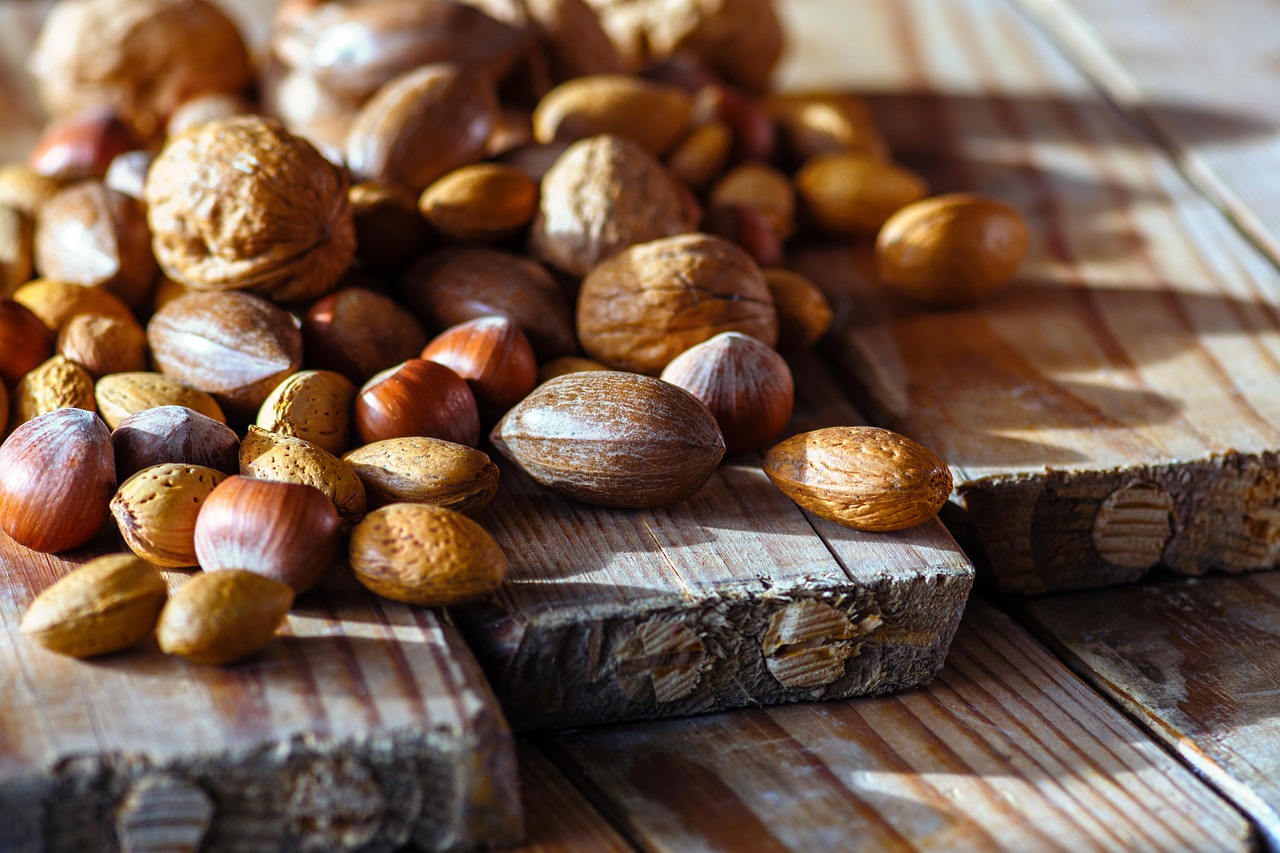“`html
The vegan diet has gained immense popularity over the past few years, not only as a dietary choice but also as a lifestyle embraced by millions worldwide. With a growing awareness of health issues, environmental concerns, and animal welfare, many individuals are transitioning to a plant-based diet. This blog post will explore the various aspects of a vegan diet, including its benefits, essential nutrients, practical tips for transitioning, and delicious recipe ideas. Whether you are a curious beginner or considering a full transition, this guide is here to provide you with valuable insights.
Understanding the Vegan Diet
A vegan diet is a dietary pattern that excludes all animal products, including meat, dairy, eggs, and even honey. This lifestyle choice goes beyond just food; it also encompasses a commitment to avoid animal products in all aspects of life, including clothing and cosmetics.
<h3 key points: What is a Vegan Diet?
- Excludes meat, poultry, fish, dairy, eggs, and honey
- Focuses on fruits, vegetables, grains, nuts, seeds, and legumes
- Emphasizes whole and minimally processed foods
Types of Veganism
- Ethical Veganism: Motivated by animal rights and welfare concerns.
- Health Veganism: Aimed at improving health and preventing diseases.
- Environmental Veganism: Focused on reducing the environmental impact of animal agriculture.
Benefits of a Vegan Diet
Choosing a vegan lifestyle comes with numerous health, ethical, and environmental benefits. Here are some of the key advantages:
Nutritional Benefits
- High in nutrients: Rich in vitamins, minerals, and antioxidants from fruits and vegetables.
- Weight management: Studies suggest vegans tend to have lower body mass indexes (BMIs).
- Heart health: A vegan diet can reduce cholesterol levels and lower blood pressure.
Ethical Benefits
- Animal welfare: Avoids contributing to animal suffering in factory farming.
- Compassionate lifestyle: Aligns with principles of kindness and non-violence.
Environmental Benefits
- Reduced carbon footprint: Plant-based diets contribute less to greenhouse gas emissions.
- Conservation of resources: Requires less water and land compared to meat production.
Essential Nutrients for Vegans
While a vegan diet can be very healthy, it’s crucial to ensure that you get all the essential nutrients your body needs. Here are some key nutrients to pay attention to:
Protein Sources
- Legumes: Lentils, chickpeas, and black beans.
- Nuts and seeds: Almonds, chia seeds, and hemp seeds.
- Grains: Quinoa, brown rice, and oats.
Vitamins and Minerals
- Vitamin B12: Found in fortified plant milks, nutritional yeast, and supplements.
- Iron: Obtainable from lentils, tofu, spinach, and fortified cereals.
- Calcium: Available from fortified plant milks, leafy greens, and tofu.
- Omega-3 fatty acids: Sourced from flaxseeds, chia seeds, and walnuts.
Supplement Considerations
- Regularly check your vitamin B12 levels and consider high-quality supplements.
- Consult a healthcare provider for personalized dietary recommendations.
- Keep an eye on your iron levels, especially for women during menstruation.
Transitioning to a Vegan Diet
Transitioning to a vegan lifestyle can seem challenging, but with careful planning and gradual steps, it can be manageable and enjoyable.
Practical Tips for Transitioning
- Start slow: Gradually replace animal products with plant-based options.
- Experiment with recipes: Try new vegan recipes to discover what you enjoy.
- Find substitutes: Use plant-based milks, vegan cheeses, and meat alternatives.
Join a Community
- Connect with local vegan groups for support and recipe sharing.
- Follow vegan influencers on social media for inspiration.
- Attend vegan events or workshops to build your knowledge.
Delicious Vegan Recipes to Try
Incorporating delicious recipes into your vegan lifestyle can help you enjoy a diverse and satisfying diet. Here are some easy-to-make vegan recipe ideas:
Simple Vegan Meals
- Chickpea Salad: Combine canned chickpeas, diced cucumbers, tomatoes, a squeeze of lemon, and olive oil.
- Quinoa Stir-Fry: Stir-fry your favorite vegetables with cooked quinoa, drizzle with soy sauce and sesame oil.
- Banana Oatmeal Cookies: Mash ripe bananas with oats, bake for a quick, healthy treat.
Flavorful Vegan Dishes
- Lentil Soup: Cook lentils with diced tomatoes, carrots, onions, garlic, and spices.
- Vegan Tacos: Use lentils, black beans, or jackfruit for filling, topped with avocado and salsa.
- Chocolate Avocado Mousse: Blend ripe avocados, cocoa powder, and a sweetener of choice.
Conclusion
The vegan diet offers a world of health benefits, ethical choices, and environmental sustainability that can appeal to many individuals. By understanding essential nutrients, planning your meals, and embracing delicious recipes, you can thrive on a vegan lifestyle. Whether you’re motivated by health concerns, animal rights, or a desire to help the planet, the vegan journey is rewarding and fulfilling. Embrace this exciting transition and enjoy the plethora of flavors and nutrients that a plant-based diet has to offer. Happy cooking!
“`






